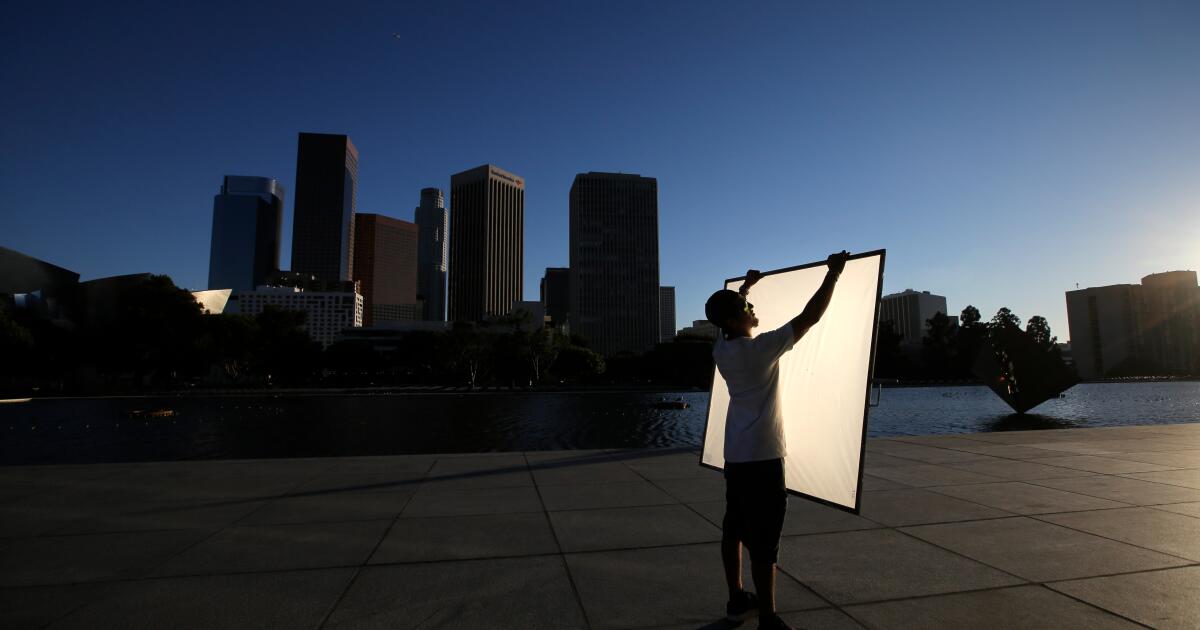After weathering a pandemic, dual strikes and massive wildfires, Hollywood is finally getting a lifeline.
California legislators voted Friday to more than double the amount allocated each year to the state’s film and television tax credit program, raising that cap to $750 million from $330 million.
The increase is a win for the studios, producers, unions and industry workers who have lobbied state legislators for months on the issue.
Other states and countries have increasingly lured productions away from California with generous tax credits and incentive programs, leaving many in Hollywood without work for months. In interviews, town halls and legislative committee hearings, industry workers said that without state intervention, they feared Tinseltown would be hollowed out, similar to Detroit after the heyday of its auto industry.
“It’s now time to get people back to work and bring production home to California,” Directors Guild of America executive and Entertainment Union Coalition President Rebecca Rhine said in a statement. “We call on the studios to recommit to the communities and workers across the state that built this industry and built their companies.”
Gov. Gavin Newsom called to expand the annual tax credit program last year, saying at the time that “the world we invented is now competing against us.”
From there, state lawmakers looked to expand the provisions of the program. A separate bill going through the Legislature would broaden the types of productions eligible to apply, including animated films, shorts and series and certain large-scale competition shows. It would also increase the tax credit to as much as 35% of qualified expenditures for movies and TV series shot in the Greater Los Angeles area and up to 40% for productions shot outside the region.
That bill, AB 1138, was unanimously approved Thursday by the state Senate Revenue and Tax Committee. It will be up for final votes next week.
California provides a 20% to 25% tax credit to offset qualified production expenses, such as money spent on film crews and building sets. Production companies can apply the credit toward any tax liabilities they have in California.
The bump to 35% puts California more in line with incentives offered by other states, such as Georgia, which provides a 30% credit for productions.
Lawmakers and industry insiders have said the increased tax credit cap and the proposed criteria changes to the incentive program must both be approved to make California more competitive for filming. The bill was written by Assemblymember Rick Chavez Zbur (D-Los Angeles) and state Sen. Benjamin Allen (D-Santa Monica).
“After years of uncertainty, workers can once again set the stage, cue the lights, and roll the cameras — because California is keeping film and TV jobs anchored right here, where they belong,” Zbur said in a statement about the $750-million cap. “This is a historic investment in our creative economy, our working families, small businesses, and the communities that depend on this industry to thrive.”
